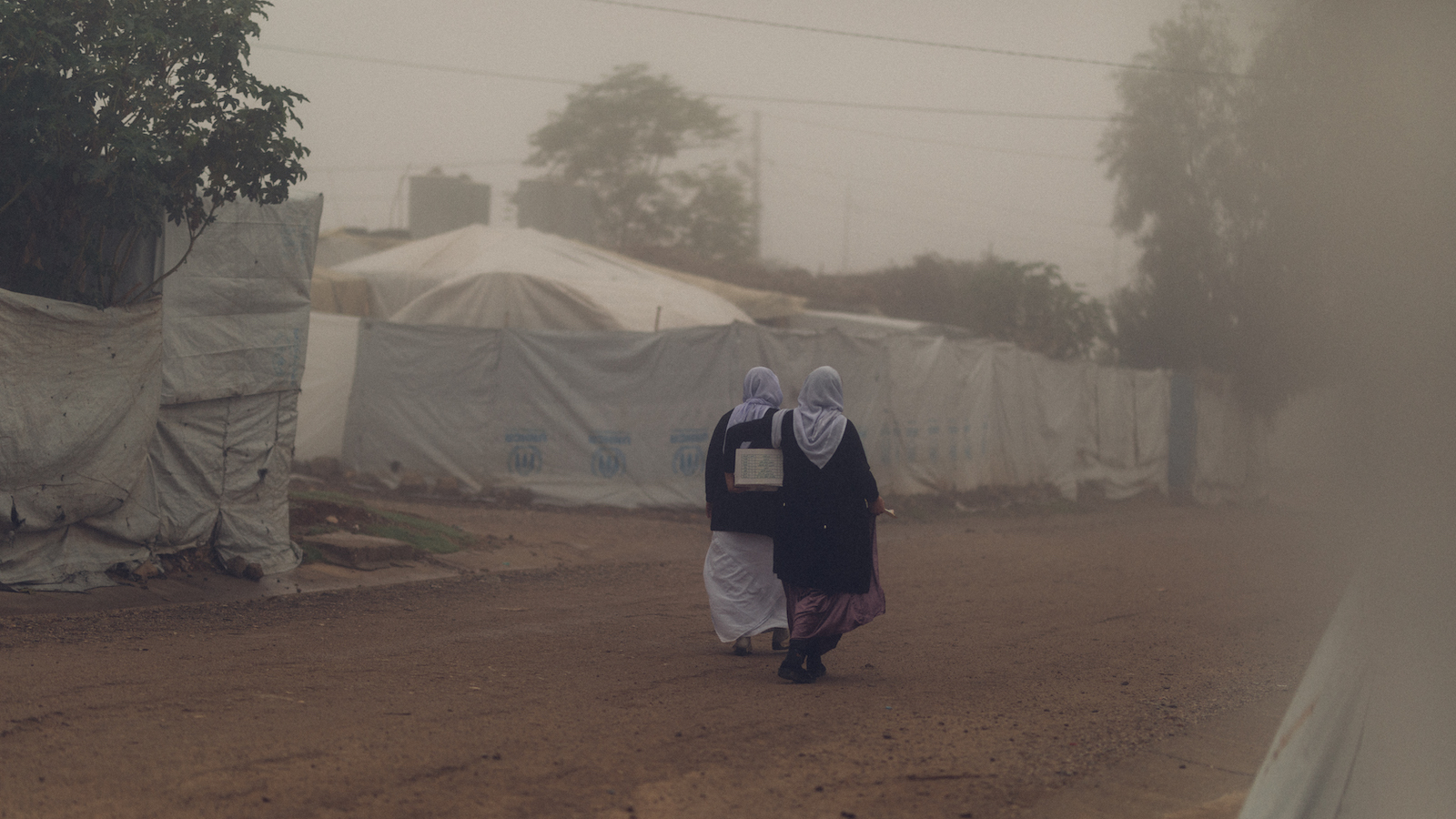Country stats
- Capital: Baghdad
- Population: 44.5 million
- People internally-displaced: 1.14 million
Concern’s response
- Iraq program launched: 2018
- Program areas: Emergency Response, WASH
Why are we in Iraq?
Years of conflict have uprooted millions of people, eroded social cohesion, disrupted access to basic services, destroyed livelihoods, and led to increased protection risks. While the worst of the violence has receded, there is still much progress to be made towards recovery and development. In the meantime, millions of people across Iraq remain in need of humanitarian assistance.
Post-conflict doesn’t immediately equal post-crisis
Over 1.14 million people continued to be displaced in Iraq after years of conflict and hostilities, unable to return to their homes due to trauma and fear of persecution, damaged shelters, and a lack of opportunity to earn an income. Over 166,000 internally-displaced people are living in camps and an additional 100,000 are living in informal settlements with critical shelter conditions. These IDP communities face challenges to accessing essential protection and water, sanitation, and hygiene (WASH) services.
Our programs in Iraq seek to meet these basic needs of displaced people in camps and informal settlements, prioritizing those most vulnerable such as children and women.
Latest achievements
Water, sanitation, and hygiene (WASH)
In 2023, Concern Iraq continued to improve both access to and quality of WASH services, reaching over 220,000 vulnerable people in northern Iraq.
Child protection
Concern helped over 9,600 internally-displaced children access protection services. We also worked with local communities to establish Child Protection committees in all IDP camps and settlements where we work.
Cholera response
In response to the cholera outbreak, Concern coordinated with relevant stakeholders for the smooth handover of sanitation services and in the development of key messages.
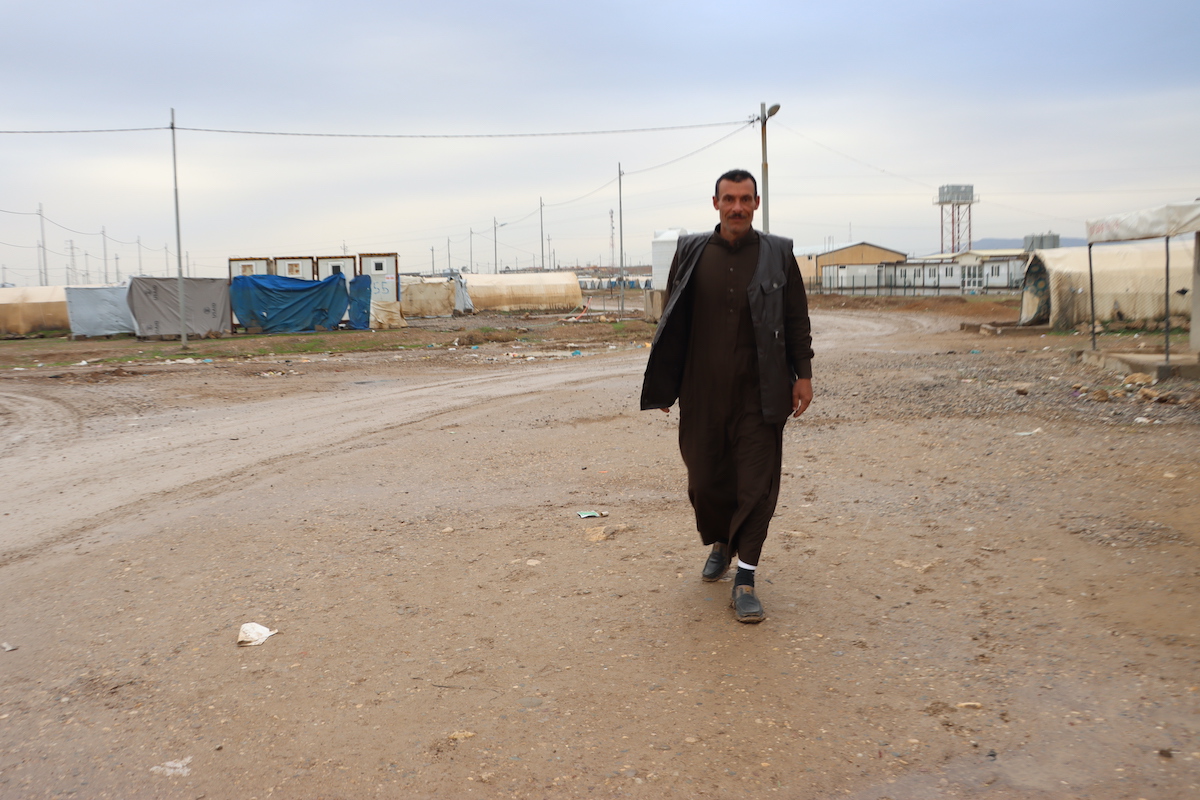
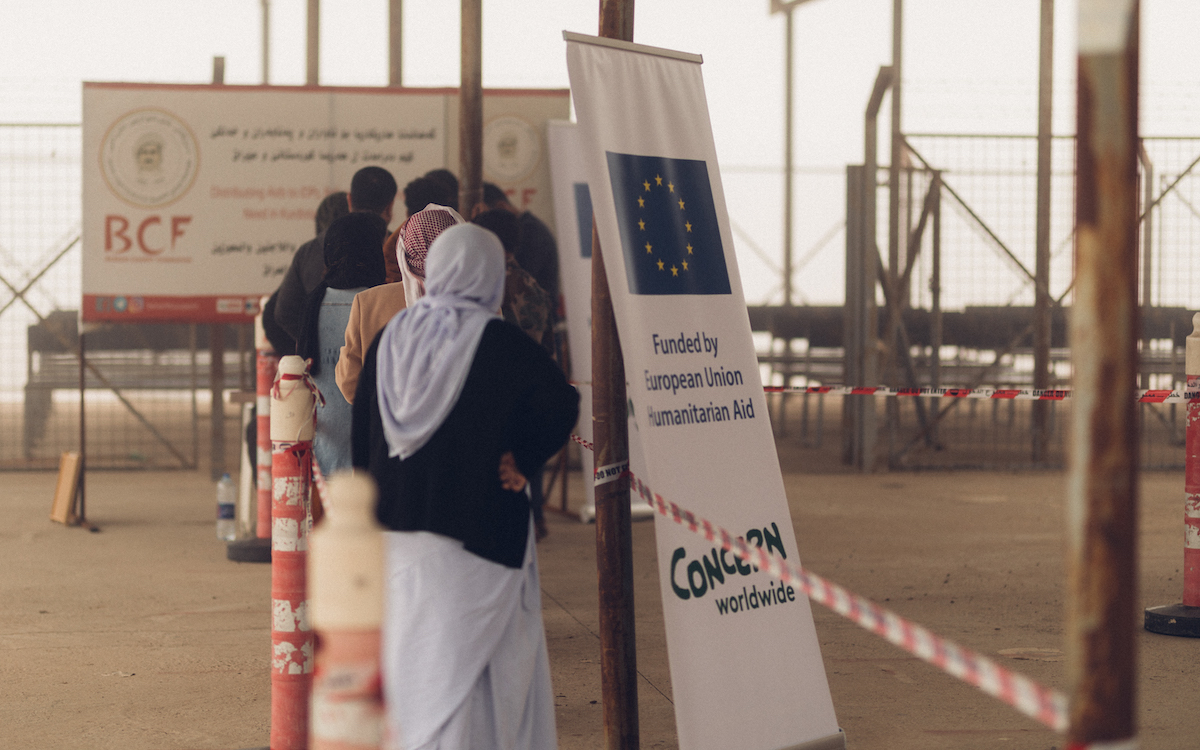
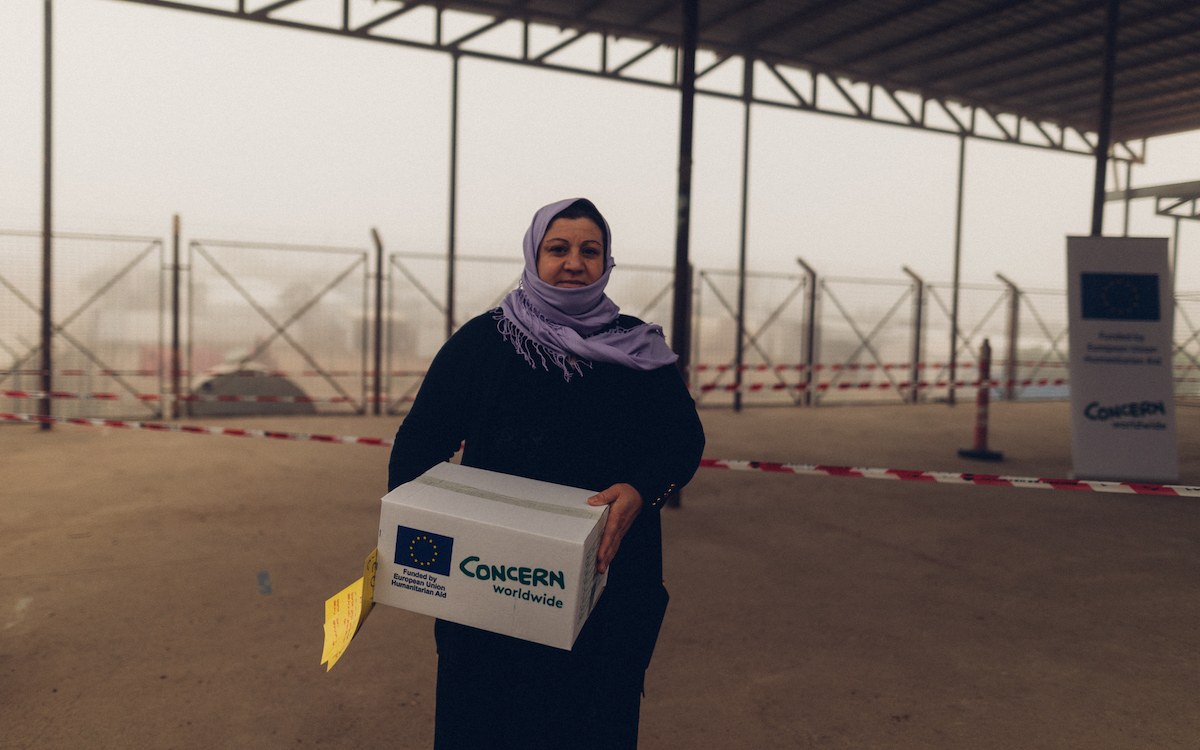
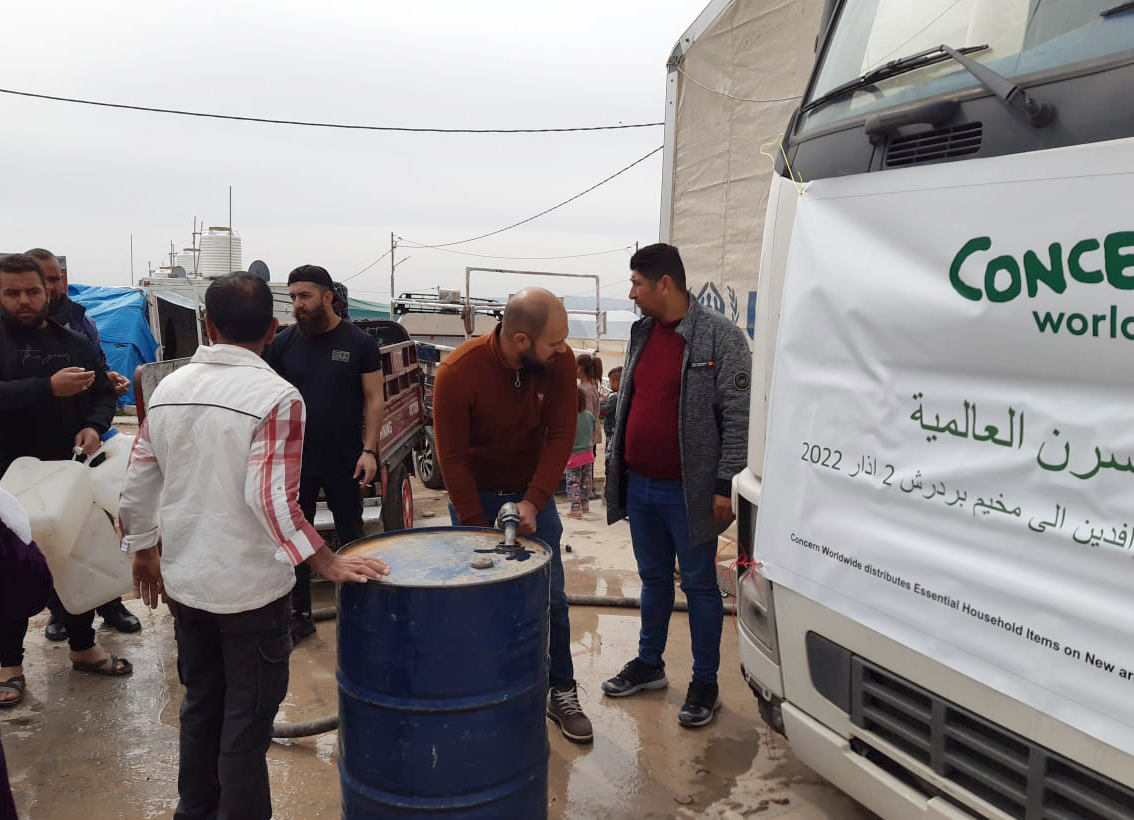
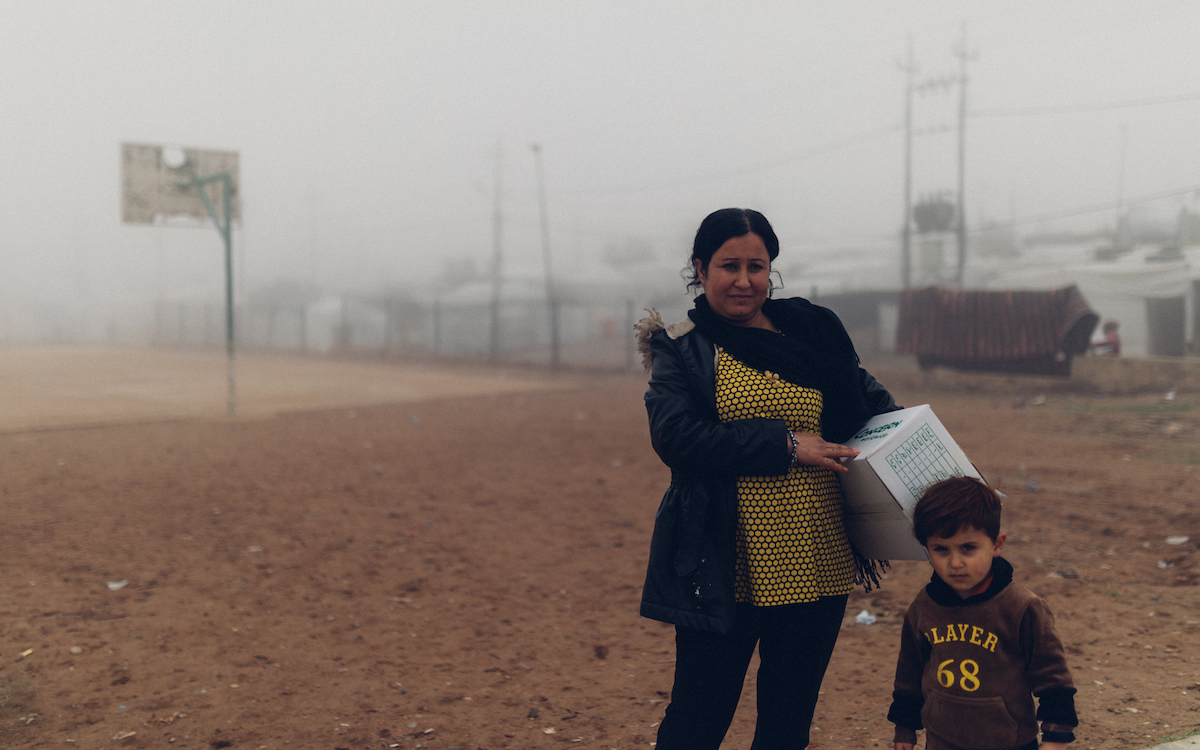
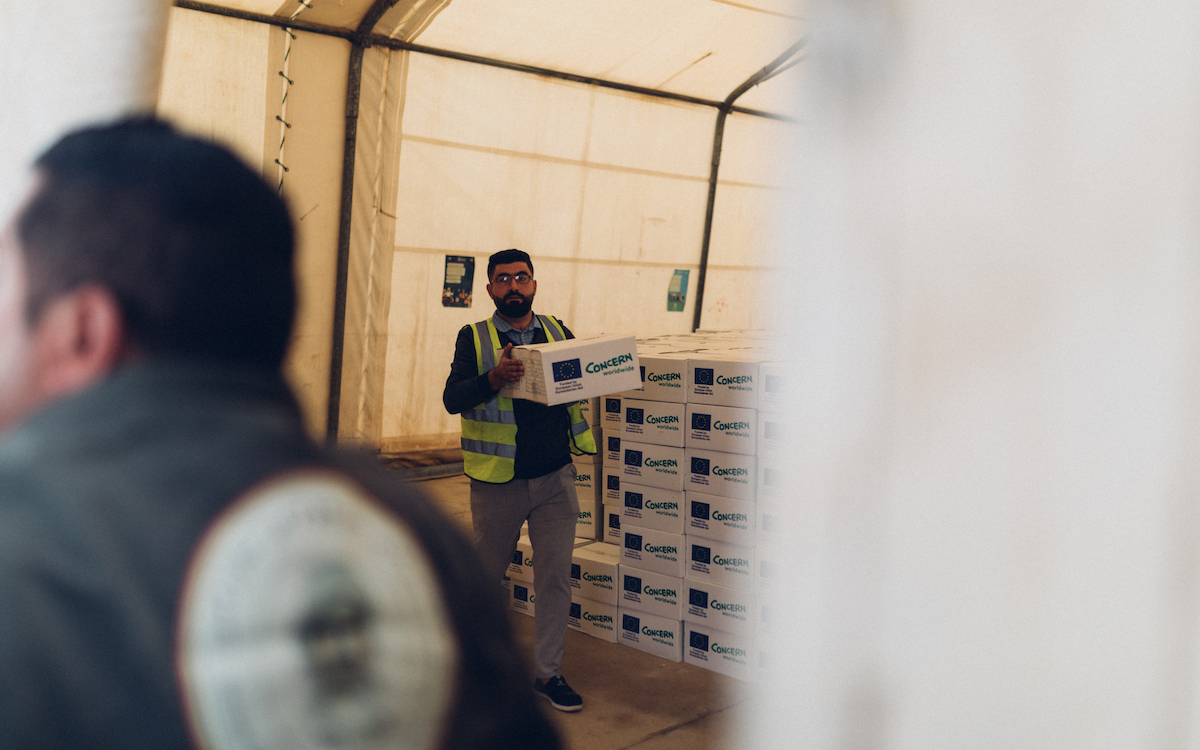
Our work in Iraq
We are working hard to combat suffering and to build resilience in Iraq through programs designed to meet the needs of internally-displaced Iraqis and vulnerable host communities.
Organizations who fund us in Iraq
More Locations
-
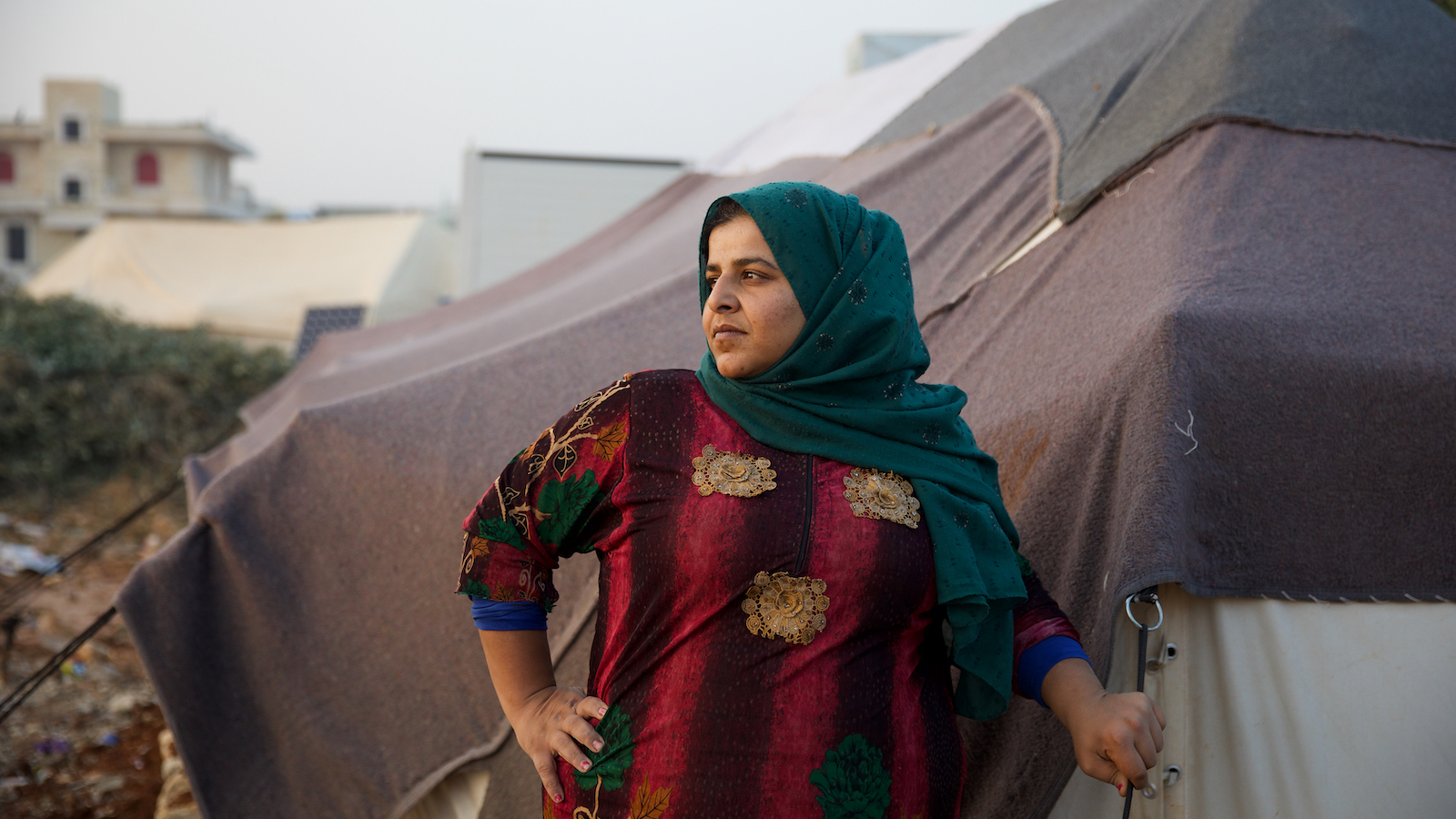
Syria
-
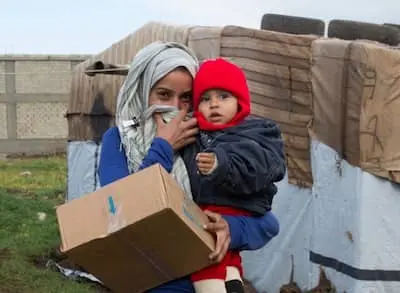
Lebanon
Concern launched a response in Lebanon following the influx of Syrian refugees and both their needs as well as those of the host communities.
-
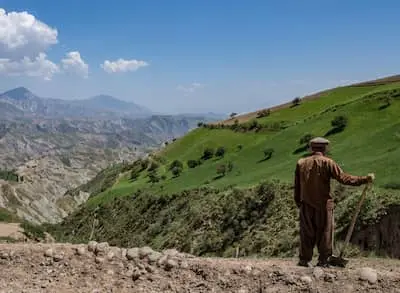
Afghanistan

